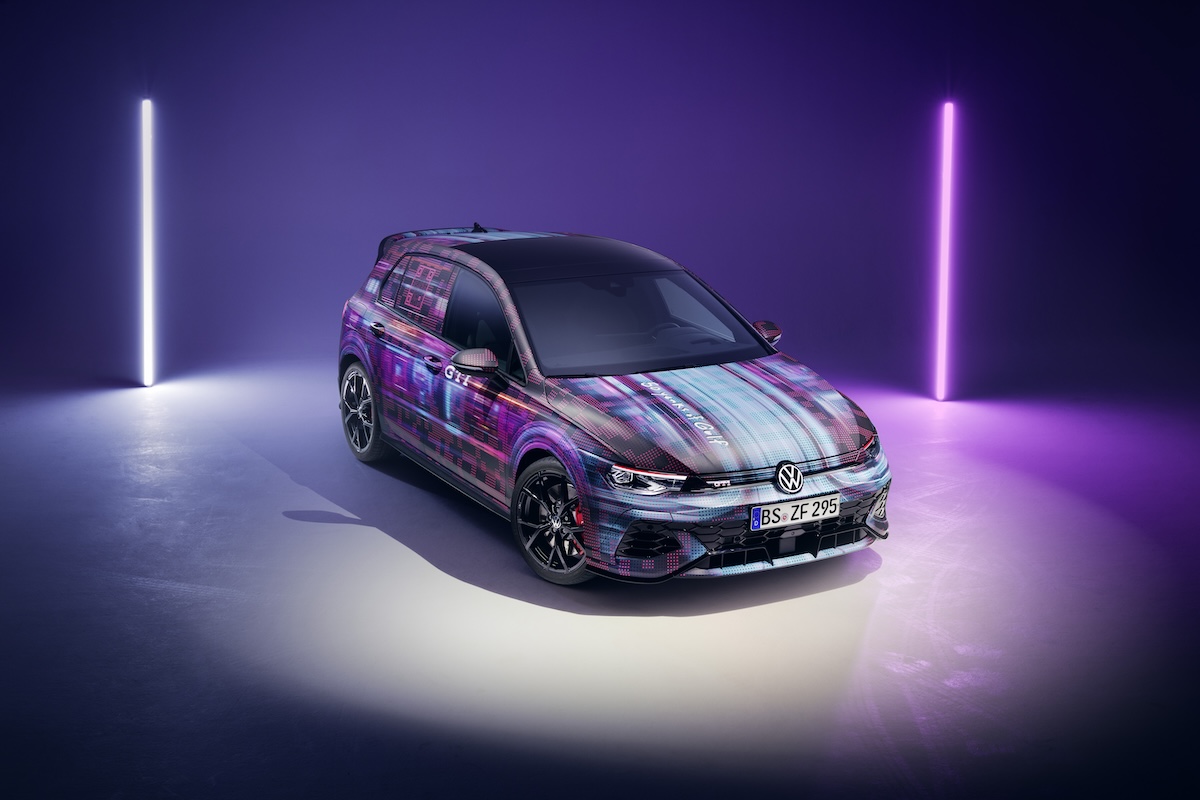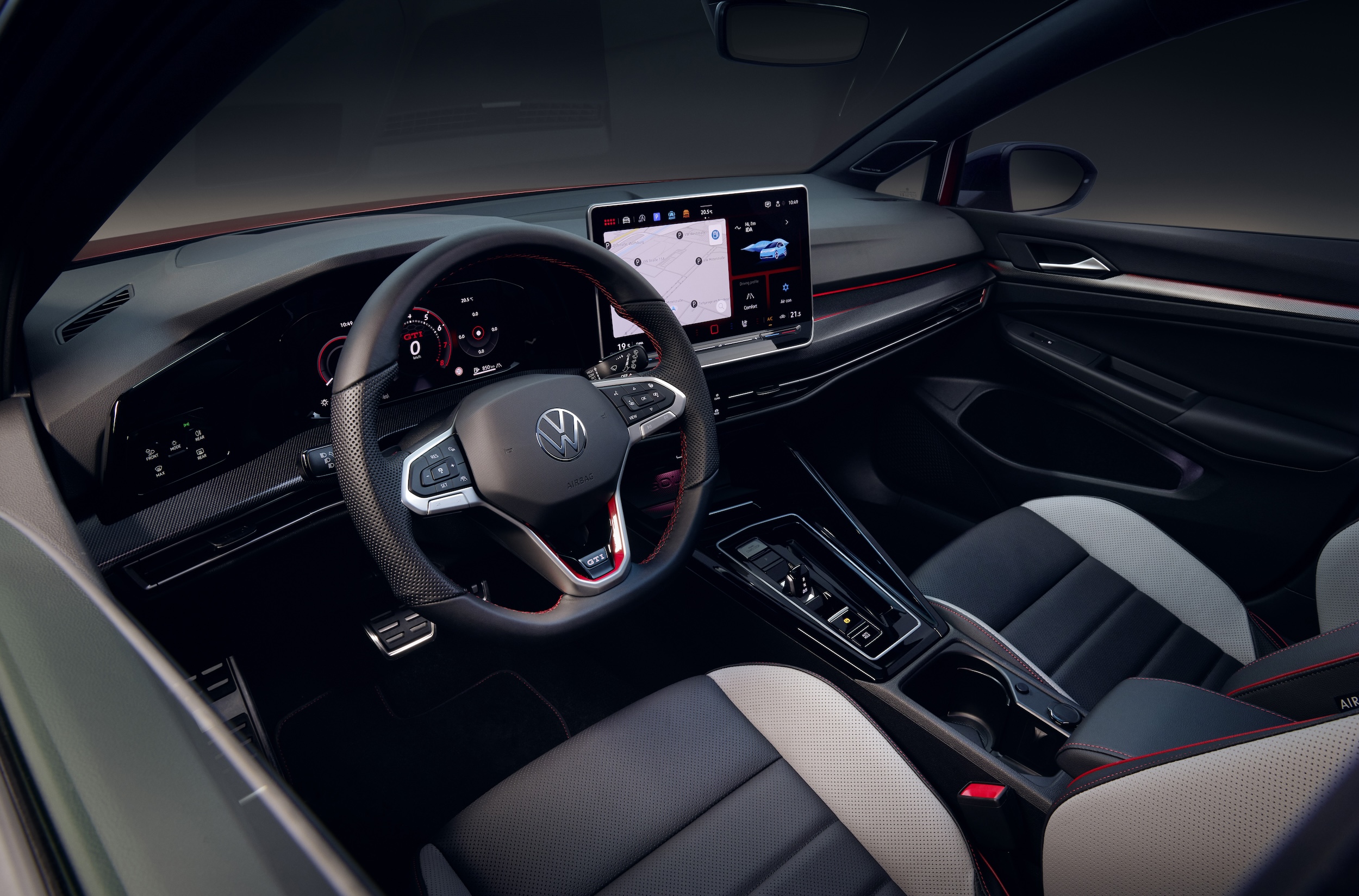
Volkswagen is to integrate ChatGPT with the voice assistant and infotainment system of its cars, starting later in 2024.
The move was announced at the CES technology show, which kicked off in Las Vegas today, and will see Volkswagen bring the artificial intelligence of ChatGPT to its ID.3, ID.4, ID.5 and ID.7 electric cars, starting in the second half of this year.
The AI tech will also come to Volkswagen’s new Tiguan, Passat and Golf models in 2024, with the latter appearing on stage at CES wearing camouflage ahead of its global debut later this year.
VW says “automotive-grade ChatGPT integration” will be added to its cars’ IDA voice assistant, which is used to control the infotainment, navigation and air conditioning systems. The carmaker says the AI technology will “go far beyond the previous voice control,” with the ability to also answer general knowledge questions and improve its knowledge and language skills with future upgrades.
Volkswagen said: “This can be helpful on many levels during a car journey: Enriching conversations, clearing up questions, interacting in intuitive language, receiving vehicle-specific information, and much more – purely hands-free.”
There’s no need to install a new application or create an account to use the new ChatGPT-powered voice assistant, VW says. And in a bid to protect user privacy, questions and answers are deleted immediately “to ensure the highest possible level of data protection,” the company added.

Rather than relying exclusively on ChatGPT, Volkswagen’s voice control system uses multiple data sources. Created by technology firm Cerence, built on a platform called Cerence Chat pro and called IDA, the voice assistant is activated by saying “Hello IDA” or pressing a button on the steering wheel.
VW says how the system then “automatically prioritises whether a vehicle function should be executed, a destination searched or the temperature adjusted”, adding: “If the request cannot be answered by the Volkswagen system, it is forwarded anonymously to AI and the familiar Volkswagen voice responds.”
ChatGPT does not gain access to vehicle data, suggesting the AI cannot be used to check on fuel level or battery charge, for example, or to help explain a dashboard warning light or error message.
I’m interested to see how this develops, and what precautions Volkswagen and Cerence have installed to prevent ChatGPT from hallucinating and confidently giving incorrect answers. It’ll also be fascinating to see how the system is improved over time, and if Volkswagen will grant the AI access to car data to create a more integrated chat bot experience.
Speaking of what’s next, Cerence boss Stefan Ortmanns said: “As we look to the future, together Volkswagen and Cerence will explore collaboration to design a new large-language-model-based (LLM) user experience as the foundation of Volkswagen’s next-generation in-car assistant.”







